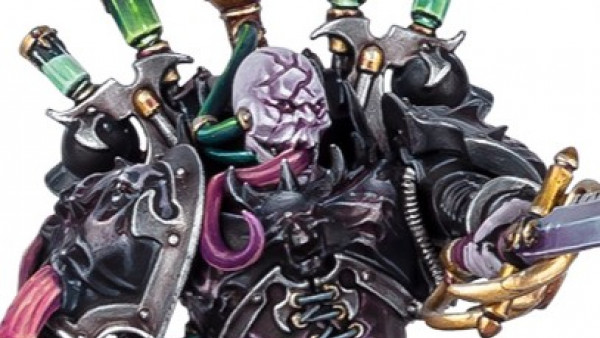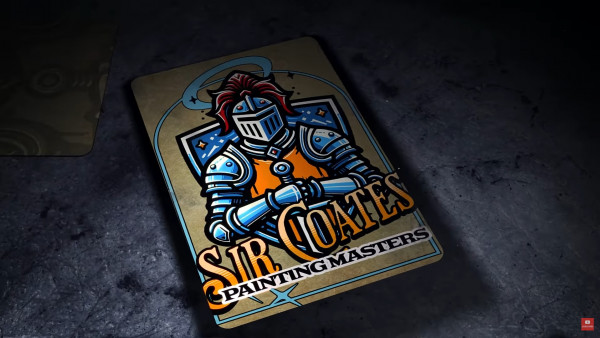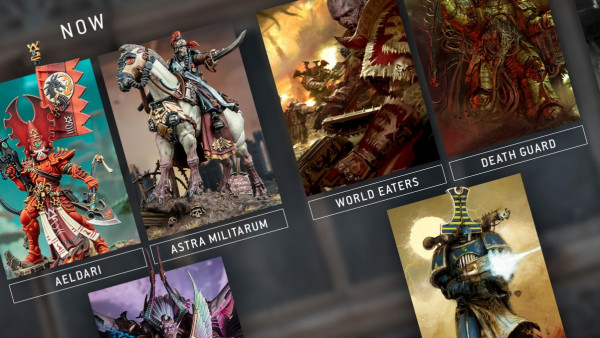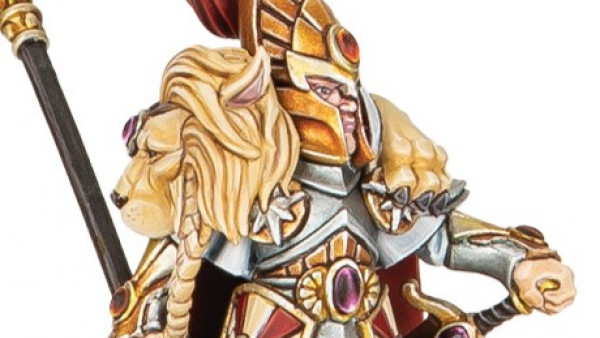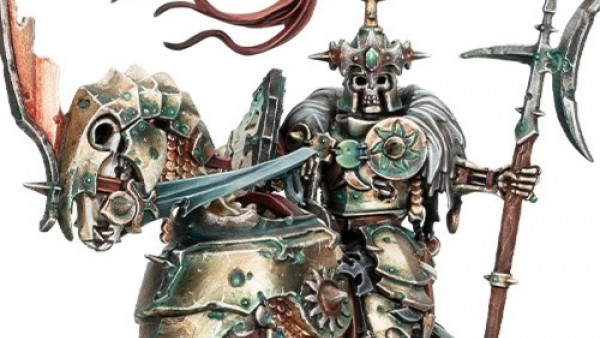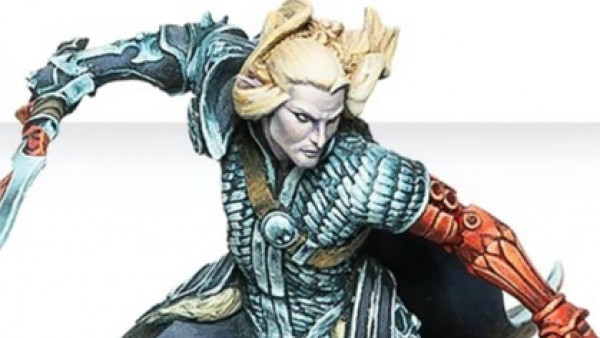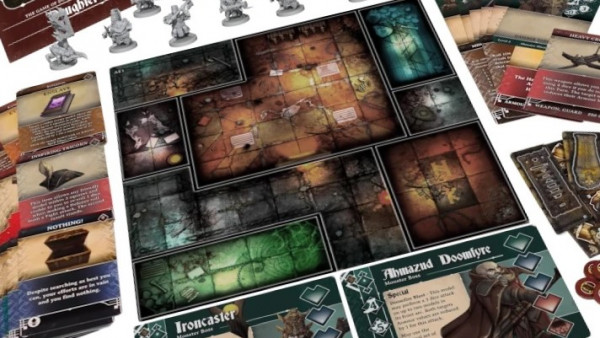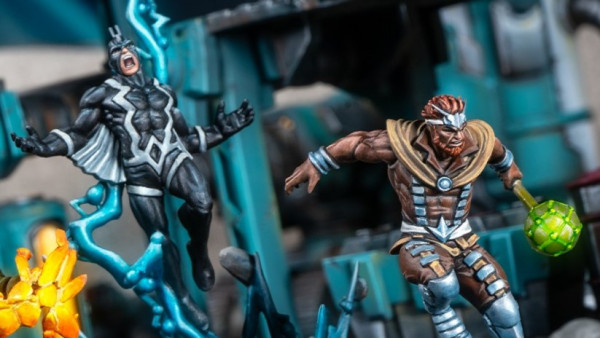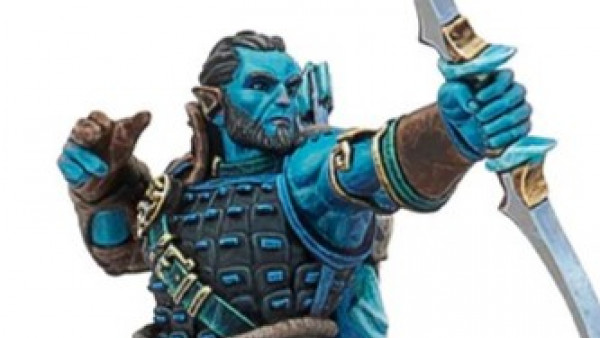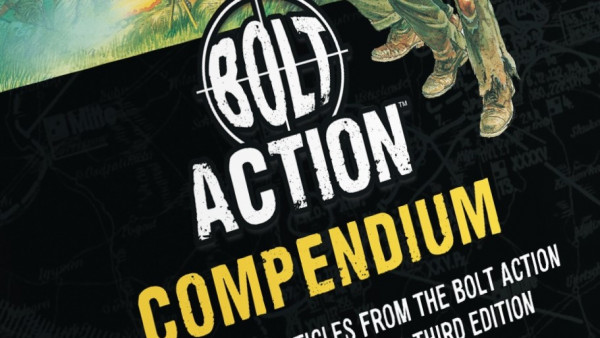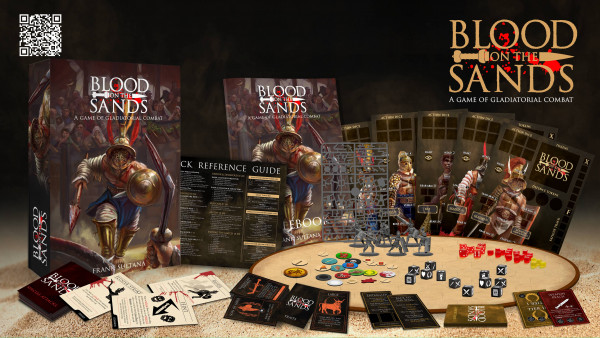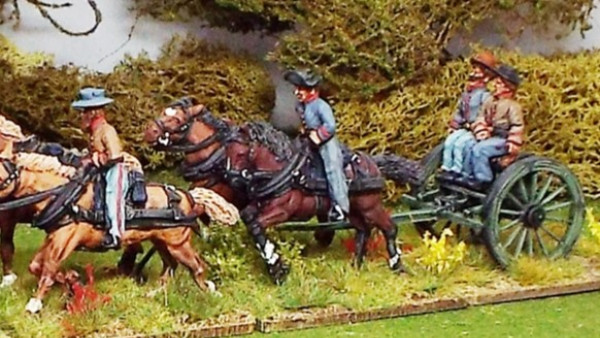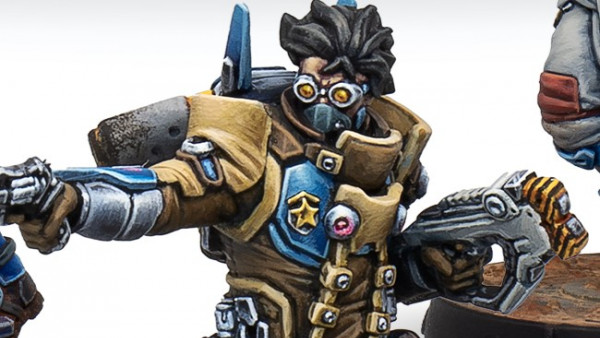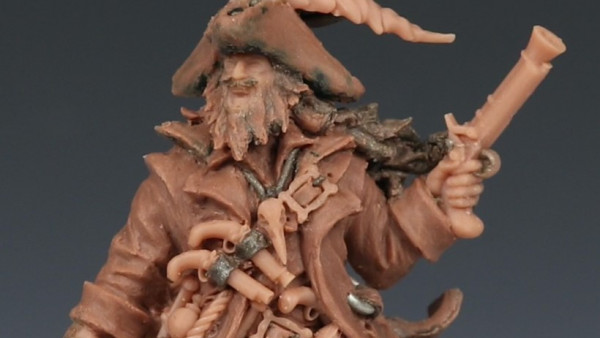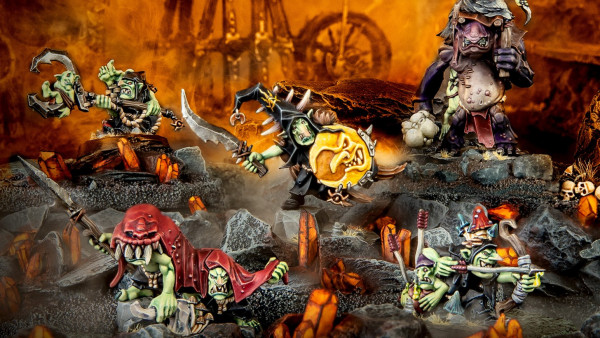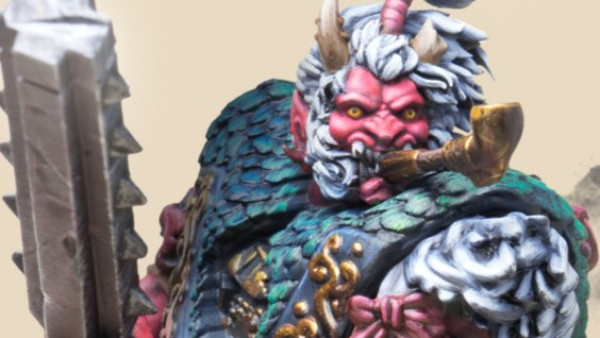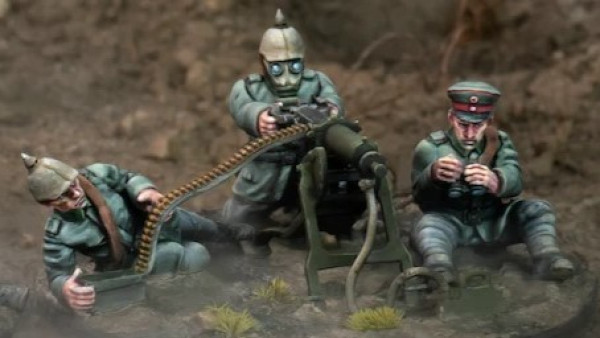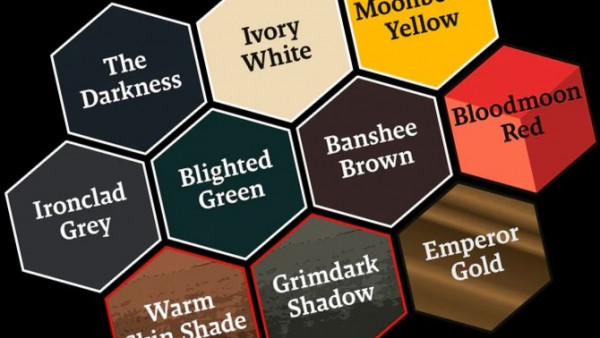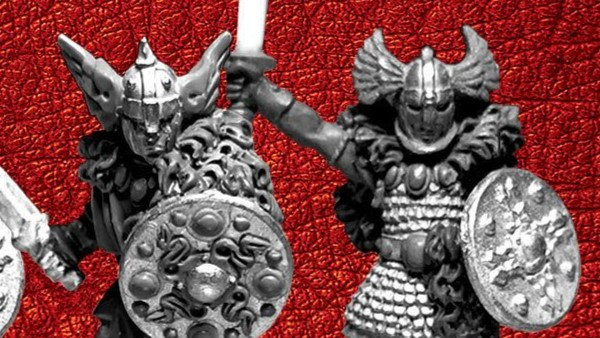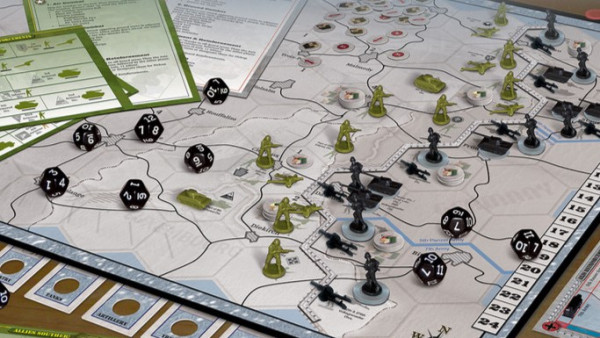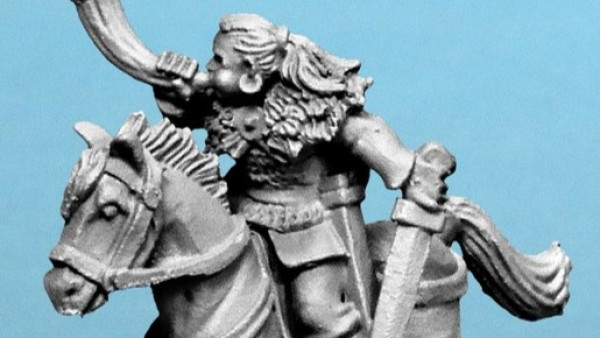Home › Forums › News, Rumours & General Discussion › D&D officially turning Forgotten Realms sights away from Euro inspired campaigns
Related Games:
This topic contains 69 replies, has 10 voices, and was last updated by ![]() greyhunter88 6 years ago.
greyhunter88 6 years ago.
-
AuthorPosts
-
January 10, 2019 at 11:57 am #1327598
@greyhunter88 You know it’s ironic that you told @tachycardia to be more self reflective when he wasn’t one pushing his own opinions on others and he was just telling that you and @onlyonepinman don’t speak for everyone. And he is right. Way I see it he wasn’t dismissing your opinion. He was just pointing out obvious that you haven’t realized. I do wonder why I even bother because what I say is just dismissed as “wrong opinions” by those those that get outraged over these things.
As far as including Samurai and Ninja as classes go there is are they truly made same or are could they own styles and abilities to presented. For example Samurai had they own fighting style focusing on cutting when using Katana because of how different those are compared to European swords and equality of they weapons were weaker because of having access to less high quality iron ore than Europeans. And of course Ninja were mostly spies and infiltrators who fought only when they had to and they were also experts of survival. So it’s not so clear cut.
January 10, 2019 at 12:44 pm #1327600@mecha82 I’m not speaking for everyone and nor is anyone else, I would be interested to hear why you think that is the case.
Nobody’s opinions are being dismissed, they’re being disagreed with and reasons for those disagreements have been given. I do not feel like any of my opinions have been dismissed nor have I claimed this is the case. I have been disagreed with but I am OK with that – it’s part and parcel of being in a discussion. Similarly, your opinion isn’t being dismissed either, it’s just being disagreed. We have to remember not everyone shares yours and if we choose to express ours publicly then we must also expect to have it disagreed with publicly. There’s only one instance I can think of where I have openly said someone is wrong and that is the assertion that this discussion has been three pages of off topic nonsense, which it has not and I provided an explanation as to why that is the case.
Finally, nobody has been pushing their opinions on anyone, they have only been expressing their opinions, some of which don’t align. I don’t think anyone here has demanded that anyone else change their opinions and conform to thier way of thinking.
Maybe we all just need to calm down a little and just accept that it’s a divisive subject and people have very different opinions on it before we start claiming to have had our opinions dismissed.
January 10, 2019 at 1:02 pm #1327601In terms of equipment I don’t know whether there’s rules for Katana’s in the basic rulebook however in terms of the abstract combat mecahnics in D&D, katana’s and longswords are fairly similar in everything except form. They both performed the same role and, ignoring discussions about which one may be superior, in reality they both weighed about the same, they both has a cutting edge and a thrusting point, were of similar length and could be wielded 1 or 2 handed. The longsword could be argued to have superior defense in reality because of the cruciform hilt, however D&D does not confer any defence benefit for the longsword and so what we are left with is two cutting blades of similar size and weight so in D&D terms there is no real reason why the Katana should actually be any different to the longsword. It is a medium sized slashing sword. I know that in 3rd Edition the Katana actually used to do more damage but I don’t think there’s any real justification for this other than the lazy “Katana good, long sword bad” mentality. In terms of quality, there were ranges of quality across both longswords and katanas depending on the wealth of the owners, D&D also has (or at least used to have) weapon qualities built into the game if you really want to go down that route, personally I have always found it just a little too much detail for my tastes. We should also probably assume that, although historically Japan didn’t have access to the same quality of Iron Ore that was available to medieval Europe that this may not necessarily be true in a fantasy campaign setting.
So in what way is a Samurai really any different to knight? They’re just a fighter with oriental equipment.
I also don’t think Ninja’s are any different to Rogues – or rather I think that they fall within the parent class of Rogue in that they’re a subtype of it. First, to clarify, I think it’s probably best to use the Hollywood definition of a Ninja rather than historical because in a historical sense they were pretty much spies and could be found in many different guises – most of them non-combatant. However let’s face it if someone plays a Ninja they don’t want to be playing a merchant who is feeding information back to a feudal lord, they want to play the masked, acrobatic assassin type and that’s really what I am focusing on. So when you say “And of course Ninja were mostly spies and infiltrators who fought only when they had to and they were also experts of survival”, we could make that character using a Rogue. As a Rogue you can build an urban, stealthy infiltrator type or you could play a different game and look at wilderness survival skills. In both cases you can focus on light armour and load up with light melee and throwing weapons or maybe a light crossbow. You could even take a very different approach and use the Monk as the basis for your character – you might not get the assassin skills but you can still go for some stealth, light weapons and give yourself a more direct approach to combat
I think D&D actually has more than enough flexibility built in to build whatever archetype you desire without having to create new classes and this has, in my opinion, been the case since 3rd Edition (AD&D 2nd Edition was a lot more restrictive). New classes should really bring something to the game that might not be otherwise possible without multiclassing – things like the Arcane Trickster or Eldritch Knight. In fact, if you wanted a more magical/fantasy version of a Ninja the Arcane Trickster class would probably be a really good starting point.
January 10, 2019 at 5:54 pm #1327780I believe there is an official 5e Samurai subclass option for fighters in Xanathars Guide.
January 10, 2019 at 10:09 pm #1327839The knight is the perfect example of how making things ‘more diverse/inclusive’ ends up making it more like a standard fighter instead of an unique class of its own.
Authentic knights would be like the paladin class.
The only thing not accounted for is “To respect the honour of women” (source : ( http://www.lordsandladies.org/knights-code-of-chivalry.htm )Modernise the class and it starts to lose flavour
The samurai class has similar problems when you consider that such characters are supposed to commit suicide when they fail to protect their master or do something dishonourable … not exactly something that works in the medieval themepark that is Forgotten Realms.
January 10, 2019 at 10:29 pm #1327849I think people need to separate their role from their class and not let their class define the character. Your class is nothing more than a set of skills and abilities, they should not define your role in the game. So if you want to play a knight think about how you want that knight to be. Heavy armour? Mounted combat? Sword and shield or two handed weapons? Is he religious or not and if so how much so? Is he an outlaw or disgraced? You could make a believable fantasy knight using the Cleric and Ranger classes as easily as Paladin or Fighter. And the same goes for Samurai. Or any other type of character you can imagine. The class is only your skills, things like codes honour are your own choice to Role-play as part of the character. If you want to play a character that has a personal code of honour or chivalry that specifically protects women then that’s totally fine you can do that because that’s role play.
January 10, 2019 at 11:14 pm #1327872Besides of it being up to player how they want to play they character DnD has alignment system build in to give some guidelines how that character would act. Tools that are given are only for creating character so at end of day it’s up to player how that character acts within game. After all in PnP RPGs you are playing role and not just fighting monsters and getting loot while earning exp.
January 11, 2019 at 6:23 am #1327945I should expand what I meant with regards to the samurai.
You’re absolutely true that the basic framework of D&D gives you the tools to represent any character class and concept you can think of. With only a few tweaks, I could even use the classes to represent everything from paleolithic men to modern soldiers. The system is abstracted enough that if you use your imagination and fill everything in with the role-playing, it will support that.
However, in reality, I find that games work best when the mechanics serve to push the theme. So, while you could play a “knight” by rolling a fighter and role-playing from there, the paladin enforcing mechanical requirements on you to adhere to a specific code means that you are never not thinking about how your identity in game affects your actions and your progression.
In Dark Heresy, for example, you had to balance between Puritan and Radical branches of the Inquisition. There were real world consequences for embracing radical actions, such as Corruption points, being blocked out of faith powers, etc. At one point in a campaign, a corrupted woman made a very, very strong argument to not be culled. The entire party bought it, and was willing to back down. The Sister of Battle, who stood to potentially lose her powers, absolutely refused to countenance that under any condition, actively shaming the party into acting. It caused inter-character conflict, it got heated, it was great fun.
I can almost assure you that had there been no actual reason for her to hold to her morals beyond good RP, there’s a chance those might have flexed.Of course, god-level role-players won’t need those aids, but for the 99% of us, I find that people like when playing to theme is actively rewarded. That player certainly made the party’s life more difficult, but it didn’t get personal. The other players knew she wasn’t just being contrary, but that the game itself was telling her to be careful about taking convenient courses of action at the expense of her codes.
To bring me back to the samurai in specific, let’s look at L5R. You have two particular stats in that game; Honour and Glory. Every single action you undertake in that game is reflected in these two stats. Turn down a dangerous challenge? Lose Glory and Honour. Use a cheap tactic to off a dangerous foe? Lose honour, and possibly glory if it’s found out.
Some classes are actively tied to either stat, the Utaku Battle Maiden getting a bonus to damage equal to her honour rank, for example.Players cannot divest those elements of the near-Japanese culture the game is based on, because the rules don’t allow you to. Waltz around using the wrong titles, not caring about gift-giving protocol, and not following tradition and convention? Prepare to be ostracized and dishonoured. While there was some degree of this in Medieval Europe, to be sure, it is much more pronounced in Japan. The rules choose to focus on this important element of the culture, and it is reinforced by the very mechanics of the game, meaning that players have to change the way they think to actually operate in this world.
Yes, you can do all of this on your own using just the core D&D rules, but by that token you can literally make up anything that’s going to be in any of these source books, so I’m not sure I give that argument much credence.
Sure… I can give the average player a bow and horse-speced fighter and call it samurai, and it will be a reasonable approximation of an Asian dude in armour shooting a bow.
I don’t think, however, that it’s going to make them feel any different from an imaginary version of themselves with a bow, nor put them into the completely different mindset that a truly well-written and representative game or setting will.I don’t want the ninja to have a high stealth skill and dagger proficiency. I want the ninja player to feel the gut-wrenching existential terror of being caught between your oaths of honourable conduct, and your oaths of service to a lord who is demanding you go against your very nature.
January 11, 2019 at 8:46 am #1328025I don’t really understand why the basic rules allowing you to make a character fitting any role in any source book doesn’t have any credence unless the only point of the source book is to provide a list of new character classes. For me a source book should provide source material about the place it is describing. I want to about the geopolitical layout including nations, regions, states, cities or other notable locations. I want to know about the people that live there and the various species that the players might encounter (monsters and any unique, playable races) or even play as. Maybe there are some magics (new spells and items) or technologies (nrw weapons and armour) that are available there_ maybe there are some magics and technologies that are NOT available in this region (prohibited choices of spells and equipment). You could even include new feats that represent different tactics favoured by people in the region. But what I don’t really think is needed, is new character classes. The D&D rules are generic enough that you can create a character for any type of setting with just the basic book.
If you want to play a Samurai with a strong code of honour that is enforced by the rules, play a Paladin. If you want to play a samurai without the code of honour, play a fighter. Every single culture in history has had their own iconic Warriors and cultural icons, but they’re all broadly similar and don’t really need new character classes to facilitate Role-playing. If we take melee fighters as examples throughout history, you could make any of these using just the basic character types in the book and then Role-play them differently.
Greek Hoplite
Roman Legionary
Roman Gladiator
Viking Beserker
Saxon Huscarl
English Archer
Medieval Knight
Religious Knight
Mongolian Horse Archer
Saracen Knight
Japanese Samurai
Japanese Ninja
Arabian Assassin
Spanish ConquistadorNone of the above need any special treatment and can be made straight out of the book. None of them have any particular abilities associated with them that cannot be replicated using the D&D players handbook. On paper some of them might be very similar but it should be your own Role-play that provides the distinction, not the rules mechanics that govern them. You only need your imagination to make those characters different.
January 11, 2019 at 8:53 am #1328033One of the things I dislike about class based systems is that I think they are encourage people to focus on their class rather than on their characters. The classes are there to facilitate your character, not the other way around. I also don’t like classes that have a built in Role-playing requirement and I avoid them where possible. It’s not that I don’t want to Role-play, it’s exactly the opposite – I don’t want someone to tell me how I must Role-play my character, that’s for me to decide. To me when you build a character you design your character first, including their beliefs and motivations, then you choose a class to suit that and you Role-play it based on the beliefs and motivations you have in mind for them. You might also change those over time as the character experiences the world and has their views challenged. But what I find most people do is they choose a class because they want those abilities and then they design a character around it. I’m not saying that people who do that are wrong, but I do think that way is far more limiting, tends to provide more 2 dimensional characters and ultimately people start requiring that character classes be created to support what they want to play. This in turn means more source books are required and as a DM it can start to get unmanageable. As a player you only need to read the source book for your chosen class. As a DM you have to read the source books for every additional class in the game as well as those for the region you’re in, plus the Players Handbook and dungeon masters guide AND any adventure
At the moment, my personal favourite character creation method at the moment is actually the Lifepath system used in Modiphius’ 2D20 system. It doesn’t have classes, you simply trace out a life path leading up to the point at which you start playing. You select homelands, life events and previous careers which then open up or enhance different skills. There’s an online tool that takes you through the process that you can try. You might not understand what everything means but you can see how open it is.
https://conan.modiphiusapps.hostinguk.org
There are extra source books for Conan, such as Conan the Thief, Conan the Mercenary etc and these add new background elements that you can choose. I think the game sorely needs them because the basic Conan book actually has a fairy limited selection of options for some aspects of your character. For example each character has a story, but in the basic book you can really only choose a War Story, the other source books add new story types. But I really like this because that’s how I have always made my characters, even in D&D; I have chosen a class based on who my character is and what I want them to be good at rather than deciding who my character is based on their class.
January 11, 2019 at 9:29 am #1328056In terms of culture some games do include mechanics that represent parts of the culture of the world. So the honour and glory system in L5r that you mention Shadowrun includes “Street Cred” and “Notoriety” which can be a curse and a blessing. But these are games which are bound to a particular setting in a way that d&d is not. And the Kara-Tur, Zakhara and Shaar source books, while describing new cultures are still part of a wider world. If those cultures do have different social rules and structures they must be handled purely through Role-play and not through mechanics in order to be consistent with the rest of the setting. For example the existing parts of the Forgotten Realms world is based on medieval Europe but there are no specific mechanics in place to deal with the cultural and social elements of medieval European society, which was every bit as hierarchical as Japanese culture and lower levels of society were expected to show respect and deference to those above them and movement between those tiers was incredibly difficult. Because Forgotten Realms has largely done away with this for the medieval European inspired continent of Faerun, I would expect to see similar treatment of all of the other Realms with a focus on the mythology of those places rather than an more accurate portrayal of the society. Individual GMs are free to impose cultural behaviours and rules on their game as they see fit but it’s all narrative and Role-play and not mechanical.
In my mind the rules and mechanics of a game should not dictate a players decisions because that’s just reducing the freedom that you have as a player. The rules are only necessary to provide a framework to facilitate actions that can have an effect outside of the characters’ selves that may potentially be opposed or affect the environment or other people. For example speaking doesn’t require a rule or a test – aside from possibly offending someone the words have no physical impact on the world. Intimidating someone however does require a rule because you are trying to create an effect on someone else. Walking doesn’t require a rule or a test, climbing where you could potentially fall and die does. When you introduce too many rules and mechanics it starts feeling more like a board game and although I have no problem with Boardgames I play RPGs and Boardgames for different experiences.
January 11, 2019 at 9:31 am #1328057P.S. Sorry for all the long posts. As you can probably tell, RPGs are something I am quite passionate about
January 11, 2019 at 11:59 am #1328185I like the idea of these supplements and focus. I need to accessorise my fighter. Maybe a fez or turban for something Middle Eastern flavours. Go for a dervish style fighter. Or dusk blade
cross class it with something else maybe. Captain Nemo in the film scene with the sword fight in League of Extraordinary genlteman comes to mind
Survival and fatigue in crossing a desert comes more into play. Planning a trip a few leagues across land on foot needing more prep than tackling a dungeon.
different varieties and flavours of monsters to fight freshening things up from the standard goblin kobold or orc encounter. Stuff like djinn and azyr feeling more in-place
January 11, 2019 at 12:52 pm #1328231Survival in d&d is a skill that is already governed (I think) by location (I could be wrong). A ranger from Faerun used to surviving in the temperate wilderness might not be able to do the same in the desert.
With regards to the Forgotten Realms setting, to a certain extent I might still expect to see Kobolds and Orcs because if the same “Good” (aka playable) races exist – and they generally do – I would expect to see the same “bad” (aka non playable) races similarly translocated. Certainly in Forgotten Realms. If Faerun is ethnically diverse then I would basically expect the same diversity of species and ethnicities within those species to exist across the whole globe.
January 11, 2019 at 5:21 pm #1328453I do like idea of there being own survival skill for deserts. It would really fit because of how harsh those are. Then of course it would be nice if there were some creatures that are unique to deserts like giant scorpions and sand worms as well as some creatures that are unique to middle eastern theme. I do think that those would spice things up nicely. I am not sure if accessories like fez or turban would need to be they own option because are just accessories and wouldn’t offer much protection but maybe dusk blade would be nice to have as it’s own option.
-
AuthorPosts
You must be logged in to reply to this topic.































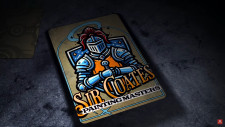
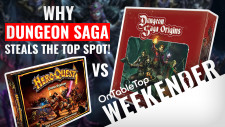



![TerrainFest 2024! Build Terrain With OnTableTop & Win A £300 Prize [Extended!]](https://images.beastsofwar.com/2024/10/TerrainFEST-2024-Social-Media-Post-Square-225-127.jpg)





